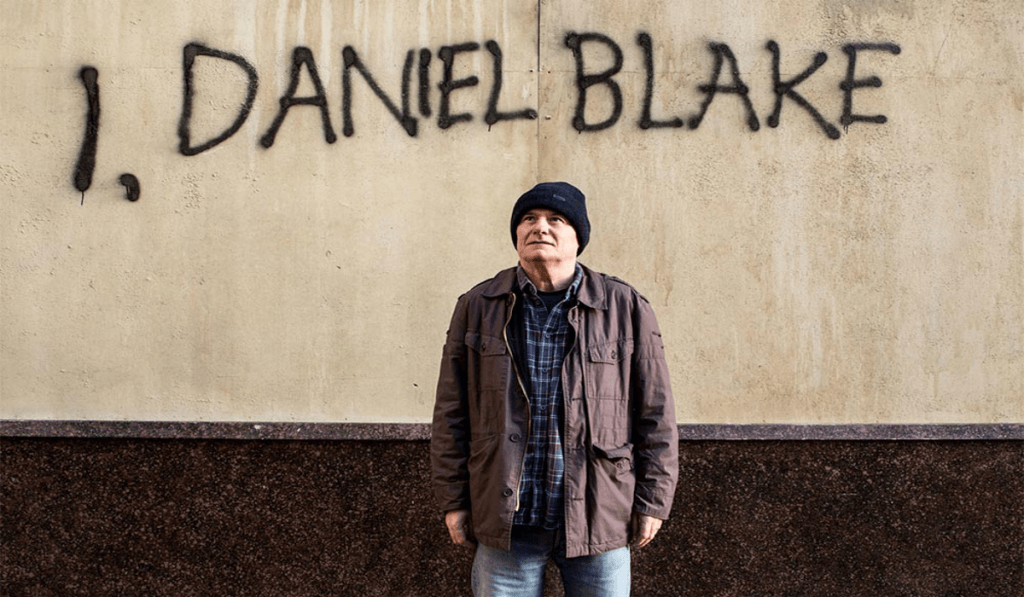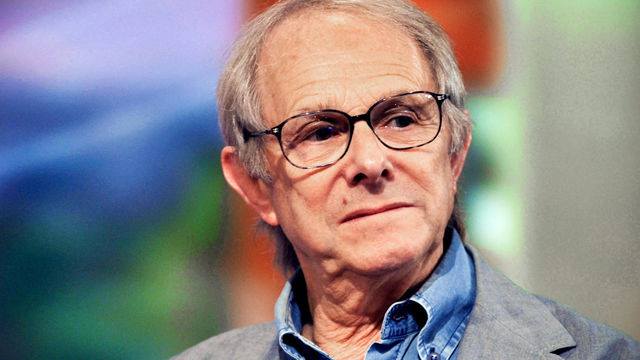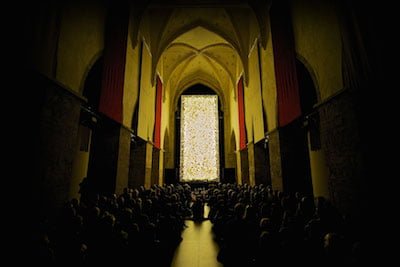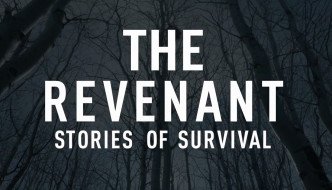
As Momentum organise free Ken Loach screenings across the country, TSOTA’s Patrick Young looks back on the development of Loach’s films and political vision.
I travelled to Moston Miners Community Arts and Music Centre on December 9th initially expecting to see Loach’s latest work, the widely publicised I, Daniel Blake. However, Ken Loach’s original commitment to allow Momentum to organise free community screenings of the director’s latest film was blocked by the production company, who monopolise the rights to the work until its release. This late notice disappointment was salvaged by Momentum’s last minute choice to screen The Spirit of ‘45 (2013), a film which provides a nostalgic view into the post-war optimism that gave birth to the welfare state. The spirit of unity that buoyed Britain through the war is portrayed as having carried through to post-war politics, creating a vision of a fairer, more united society.
Although perhaps not so overt a political tool and call to action as I, Daniel Blake, The Spirit of ‘45 nevertheless acts as a salutary reminder of the current age of austerity, with a particular focus on the increasingly limited availability to social housing and the furthering of the privatisation of the NHS. It was, as such, a suitable stopgap screening until Momentum’s rescheduled showing of I, Daniel Blake on 24 January, when the film is due to be released to dvd.
After watching I, Daniel Blake (at a cinema unrelated to these Momentum events), I left feeling more as if I had watched Loach deliver a heavily weighted political indictment of austerity rather than having seen a film. I, Daniel Blake hones in on modern day austerity, and what Loach portrays as an inherent lack of humanity within its number-driven neoliberal structure. This shift away from pure social-realism, as seen in earlier films such as Kes, towards actively attempting to weigh in on the political world is echoed in Loach’s other areas of activism.
In 2013, Loach launched Left Unity, an appeal to discuss the formation of a new political party on the left to bring together those who wish to defend the welfare state and present an economic alternative to austerity. The welfare of the working class has been the preeminent focus of the majority of Loach’s career, and, whilst there is a contrast between the style of many of his films, the core motive that runs throughout is rooted in the interests of the working class. Allowing Momentum to screen I, Daniel Blake for free across the country pushes the film away from all the pretenses that come with the format and into the realms of a democratic political tool.

As Loach turns eighty and we are able to look at his filmography retrospectively, the typical structure of his films is to approach social welfare from both a political and a personal perspective. Sombre analysis of the political aspects of state welfare support are cleverly juxtaposed by small celebrations of personal affability and kinship within local communities. I, Daniel Blake fits this typical structure as the film is defined by the moments of personal compassion that arise when the state falls short of its duty to support and care for its members who find themselves in vulnerable circumstances. Celebrating these occasions of altruistic behaviour within communities provide moments of levity to Loach’s otherwise sobering indictment of government support structures. A current combination of welfare cuts and rising rents alongside a lack of social and affordable housing is driving more and more people each year into vulnerable circumstances. Loach focuses his political message in I, Daniel Blake on the lack of humanity within austerity’s impersonal support structures. A number-driven benefits bureaucracy is depicted by Loach as ignoring the particulars and idiosyncrasies of each individual’s circumstances.
It will be interesting to see the numbers of people that attend the free screenings of I, Daniel Blake in January across the country, as it will provide an indicator as to the effectiveness of the film as a political tool.
Filed under: Film, TV & Tech, Politics
Tagged with: austerity, Daniel Blake, film, film review, film screening, grassroots, I, Ken Loach, Labour party, Momentum, Moston Miners Club, politics, The Spirit of '45



Comments